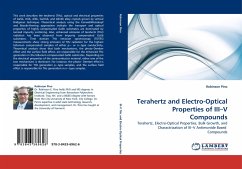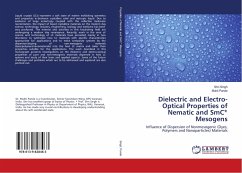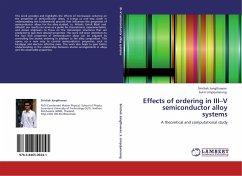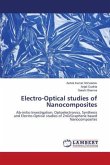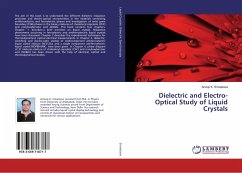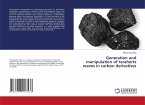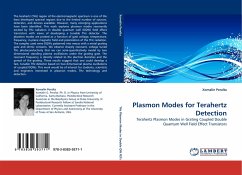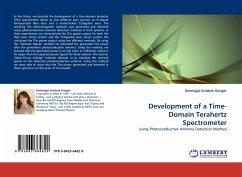This work describes the terahertz (THz), optical and electrical properties of GaSb, InSb, AlSb, GaInSb, and AlInSb alloy crystals grown by vertical Bridgman technique. Theoretical analysis using the ConwellWeisskopf and Brooks-Herring approaches indicate the transport and optical properties of highly compensated GaSb substrates are dominated by ionized impurity scattering. Also, enhanced emission of terahertz (THz) radiation has been observed from impurity compensated GaSb substrates. Time domain THz emission spectroscopy (TDTES) measurements show strong emission of THz radiation for the highest tellurium compensated samples of either p or n type conductivity. Theoretical analysis show that both mechanisms, the photo Dember effect and the surface field effect, are responsible for the enhanced THz generation in the tellurium compensated GaSb substrates. Depending on the electrical properties of the semiconductor material, either one of the two mechanisms is dominant. For instance,the photo Dember effect is responsible for THz generation p type samples, and the surface field effect is responsible for THz generation in n type samples.
Bitte wählen Sie Ihr Anliegen aus.
Rechnungen
Retourenschein anfordern
Bestellstatus
Storno

